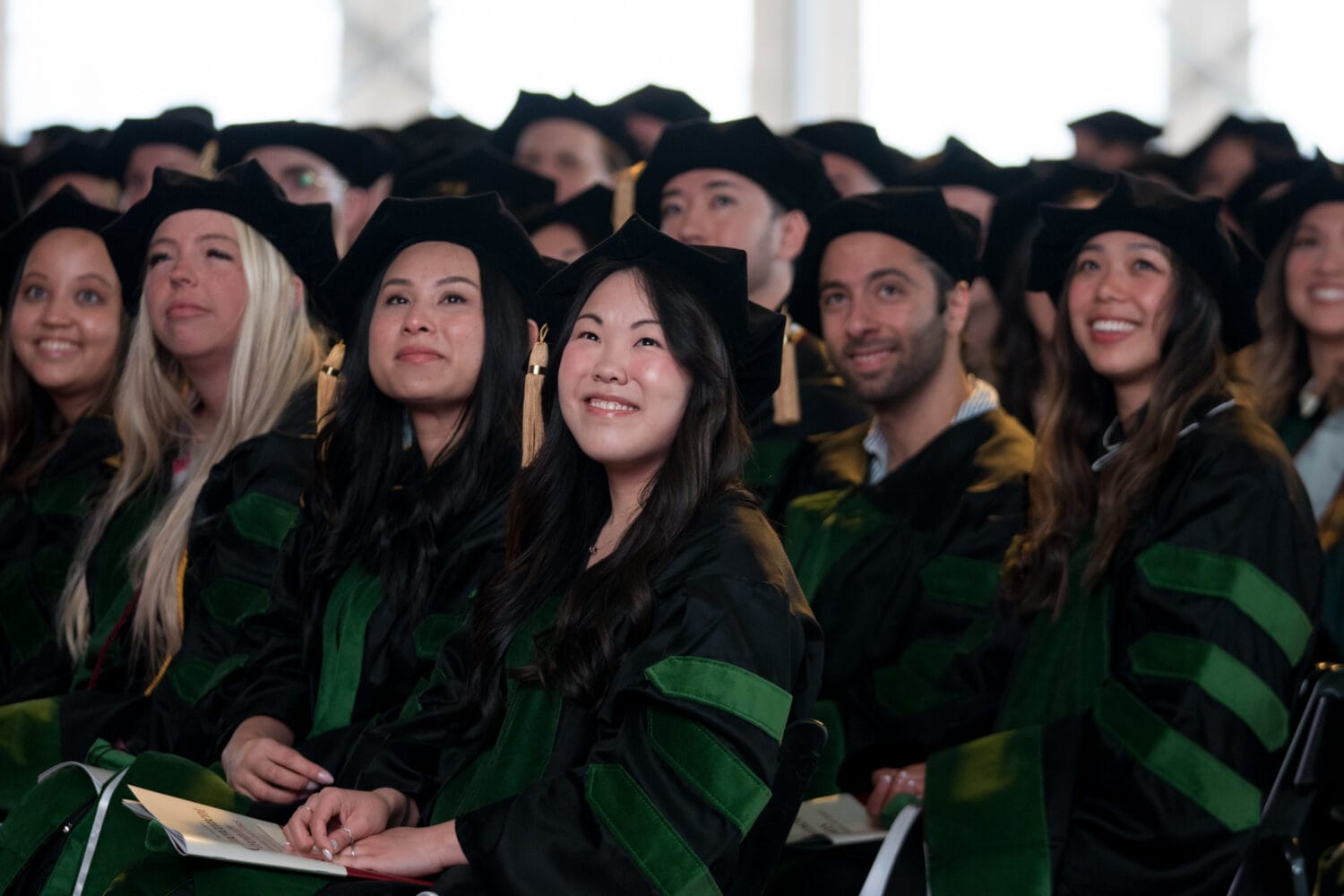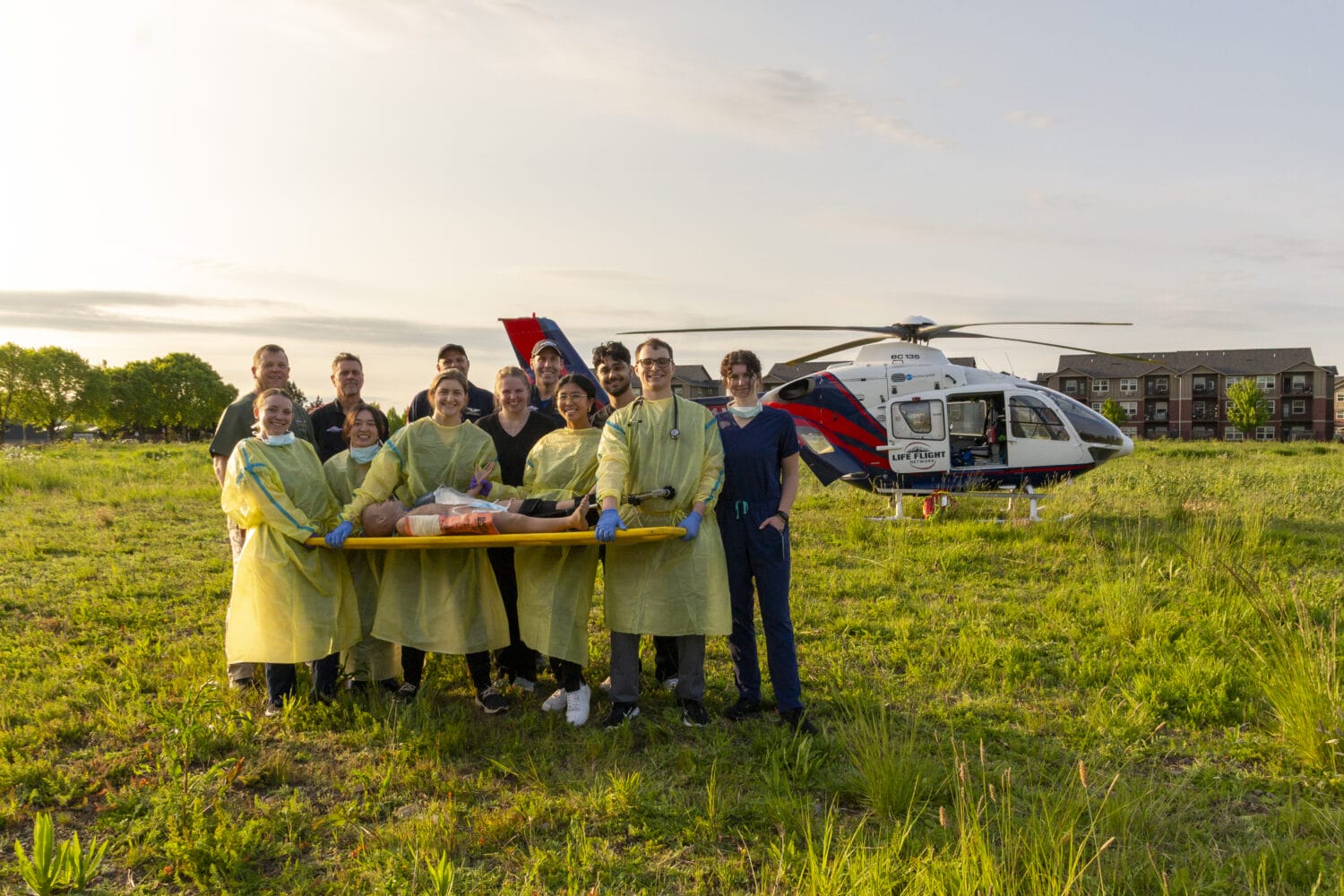WesternU Trustee traveling to Bulgaria as a Fulbright Award Winner
Los Angeles County Superior Court Judge Maureen Duffy-Lewis, JD, a Western University of Health Sciences Board of Trustees member since 2004, will travel to Bulgaria for a second time as a Fulbright Specialist.
Judge Duffy-Lewis will be teaching judges and lawyers on the subjects of Electronic Discovery as it relates to lawsuits and various techniques in Alternative Dispute Resolution. She will be teaching at the National Institute of Justice, and will conduct workshops throughout the country at different courthouses. She also will meet with members of the greater educational community to discuss enhancements in curriculum development.
Duffy-Lewis will lead a roundtable discussion at a Bulgarian Fulbright Commission seminar that will also feature Marcie Ries, U.S. Ambassador to Bulgaria, and Kristalina Georgieva, the European Commissioner for International Cooperation, Humanitarian Aid and Crisis Response.
Judge Duffy-Lewis previously taught at Sophia University, School of Law in Bulgaria in 2009-10 as a Fulbright Scholar. At the request of the U.S. Department of State, she also served as the first Mentor Judge for the Bulgarian Courts. She assisted in analyzing and developing a mediation program for the court system. She was also named a Visiting Fellow at the Bulgarian Institute for Legal Initiatives.
The Bulgarian Court Mediation Program has grown since she left in 2010, from seven mediators to more than 70, and was recently recognized as one of the top three mediating programs in the European Union, Duffy-Lewis said.
Her three-week trip this year will be as a Fulbright Specialist to further enhance Bulgaria’s mediation program by lecturing on different forms of mediation, and by giving presentations on issues of international importance such as Electronic Discovery and how it impacts business, everyday life, lawsuits, and ultimate resolution of disputes.
She is also assisting judges and attorneys in forming working committees to develop rules and standards concerning Electronic Discovery and Mediation.
“My journey as a Fulbrighter enhances my ability to meet lots of new friends and cultures, and it helps you see the differences and similarities,” Duffy-Lewis said. “The one similarity that people globally want is justice and transparency in justice. Also, there’s recognition that justice is impacted greatly by community standards and culture. But as business becomes global, a more standard and transparent view of justice is likely required.”
Her presence there is to encourage the conversation and look for minimum standards to be developed that encourage business and enterprise, Duffy-Lewis said.
“My journey as a Fulbrighter, working with the court system in Bulgaria, has been enhanced greatly by my colleagues in justice, the many judges I have met and continue to work with,” she said. “The Bulgarian judges have become my partners in justice. It’s not me doing it. I’m a catalyst. The judges are the ones who work out the issues and propagate rules and policies that work for them and their community.
“Transparency in the justice system is especially important for the public. Confidence in the outcomes of disputes at the courthouse will encourage respect for the judiciary and encourage business, and is essential to a civil society.”
The Fulbright Specialist Program (FSP) promotes linkages between U.S. scholars and professionals and their counterparts at host institutions overseas. The program awards grants to qualified U.S. faculty and professionals, in select disciplines, to engage in short-term, collaborative two- to six-week projects at eligible institutions in more than 140 countries worldwide. Shorter grant lengths give specialists greater flexibility to pursue projects that work best with their current academic or professional commitments. International travel costs and a per-day grant payment are funded by the U.S. Department of State Bureau of Educational and Cultural Affairs. Participating host institutions cover grantee in-country expenses or provide in-kind services, according to the Fulbright Scholar Program website.



